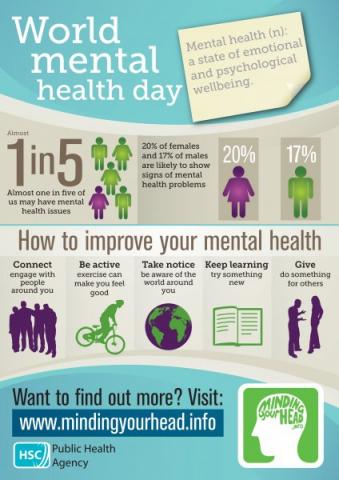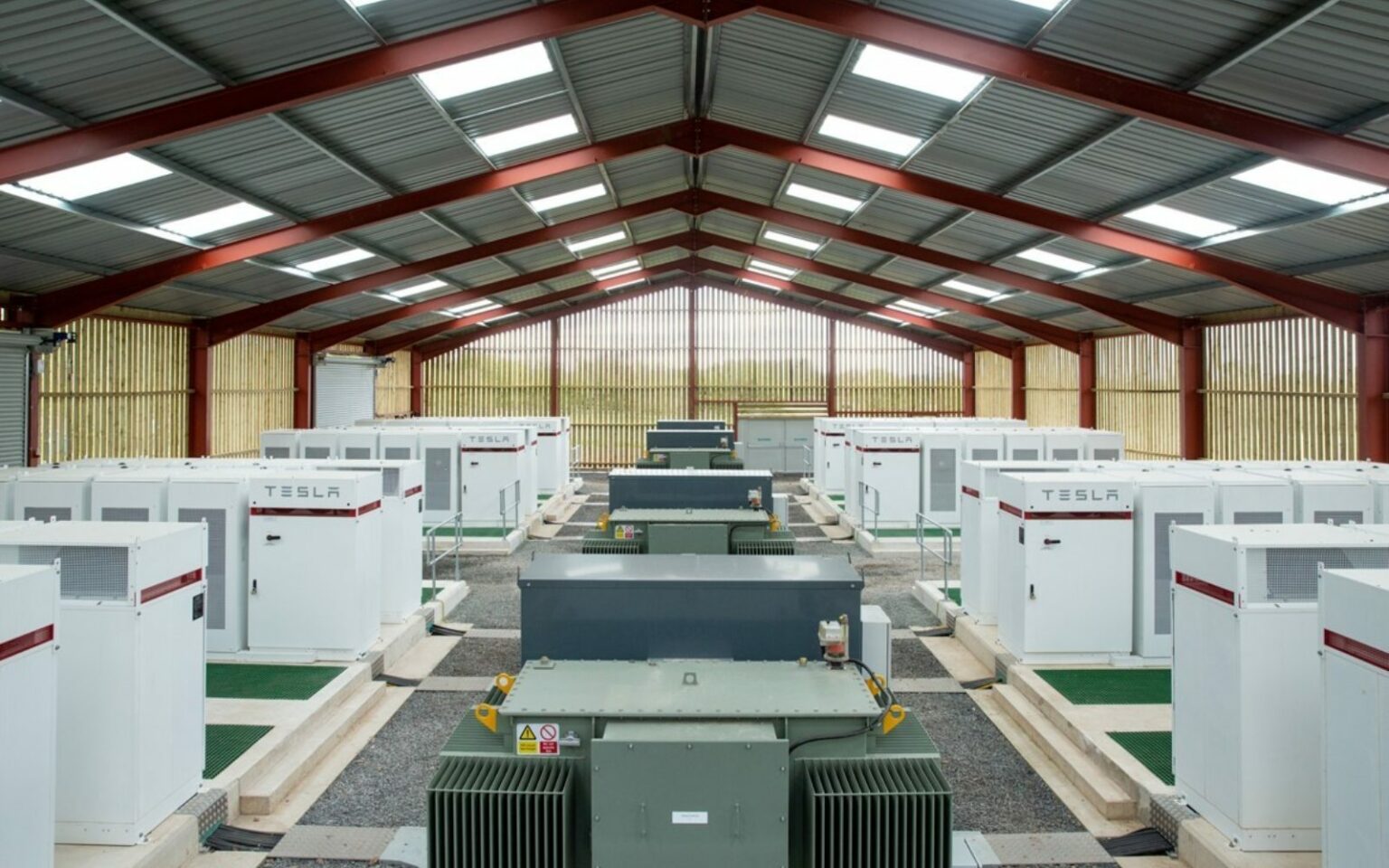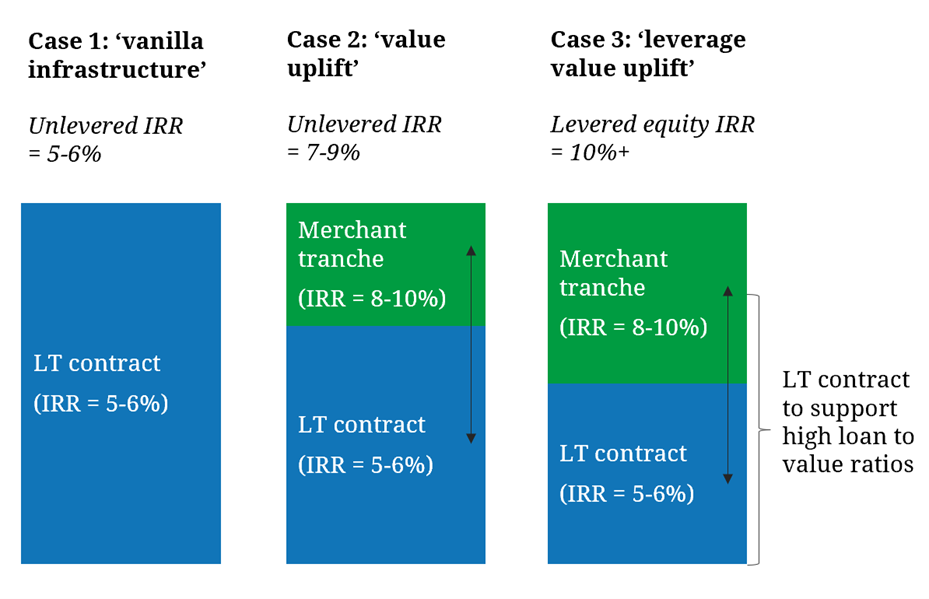Early Childhood Investment: A Crucial Step Towards Better Mental Wellbeing

Table of Contents
The Developing Brain: Why Early Childhood Matters
The first five years of a child's life are a period of remarkable brain development. Understanding this crucial window of opportunity is key to appreciating the importance of early childhood investment.
Neuroplasticity and Early Experiences
Neuroplasticity, the brain's ability to reorganize itself by forming new neural connections throughout life, is most pronounced during early childhood. Positive and nurturing environments during these formative years foster healthy brain development, laying the groundwork for strong mental wellbeing.
- Examples of positive early experiences:
- Secure attachment with caregivers
- Responsive caregiving that meets a child's needs
- Stimulating environments rich in sensory experiences and opportunities for exploration
- Consistent routines and predictable schedules
- Positive interactions and encouragement
Conversely, negative early experiences can have detrimental effects on brain development and mental health.
- Negative impacts of adverse childhood experiences (ACEs) on brain development and mental health:
- Neglect and abuse
- Trauma and violence
- Parental substance abuse
- Household instability
These ACEs can lead to structural and functional changes in the brain, increasing the risk of mental health problems later in life, such as anxiety, depression, and PTSD.
Cognitive Development and Early Intervention
Early interventions are crucial for boosting cognitive skills and preventing developmental delays that can negatively impact mental wellbeing. Investing in these programs provides a significant return on investment.
-
Examples of early intervention programs:
- Head Start
- Early Head Start
- Other state and locally funded preschool programs
-
Benefits of early literacy and numeracy programs:
- Improved academic achievement
- Enhanced cognitive skills
- Increased school readiness
- Reduced risk of learning disabilities
Emotional Regulation and Social-Emotional Learning (SEL)
Developing healthy emotional regulation skills is crucial for mental wellbeing. Early childhood is a critical period for establishing this foundation.
The Importance of Secure Attachment
Secure attachment, a bond characterized by trust and security between a child and their caregiver, plays a vital role in developing emotional regulation and healthy relationships.
-
Signs of secure attachment in children:
- Seeking comfort from caregivers when distressed
- Showing distress when separated from caregivers
- Easily soothed by caregivers
- Exploring their environment confidently with a secure base
-
Long-term benefits of secure attachment:
- Improved emotional regulation
- Stronger social skills
- Increased resilience to stress
- Healthier relationships
Social-Emotional Learning Programs
Social-Emotional Learning (SEL) programs teach young children crucial social and emotional skills, contributing significantly to improved mental health outcomes.
-
Examples of SEL skills:
- Self-awareness
- Self-management
- Social awareness
- Relationship skills
- Responsible decision-making
-
How SEL programs contribute to improved mental health outcomes:
- Improved emotional regulation
- Increased empathy and compassion
- Reduced aggression and conflict
- Enhanced self-esteem and confidence
The Economic Benefits of Early Childhood Investment
Investing in early childhood development yields substantial economic benefits in the long run.
Reduced Healthcare Costs
Early intervention programs can significantly reduce healthcare costs by preventing mental health issues later in life.
-
Statistics on the economic burden of mental health issues: (Insert relevant statistics here)
-
Cost savings associated with early intervention programs: (Insert relevant statistics here)
Increased Productivity and Economic Growth
Investing in early childhood development leads to a more productive and economically robust society.
-
Improved educational attainment and employment rates: (Insert relevant statistics here)
-
Contributions to a stronger workforce and society: A healthier population translates to a more productive and innovative workforce, contributing to economic growth and a stronger society overall.
Practical Steps for Investing in Early Childhood Development
Everyone can contribute to ensuring children receive the support they need to thrive.
Advocating for Policy Changes
Support policies that prioritize early childhood education and development.
-
Examples of effective policies:
- Increased funding for early childhood programs
- Affordable childcare
- Universal preschool
-
Ways to advocate for policy changes:
- Contacting elected officials
- Supporting relevant organizations
- Participating in community initiatives
Individual Actions
Parents and caregivers play a vital role in creating nurturing environments for their children.
-
Tips for fostering positive parent-child relationships:
- Spending quality time with children
- Providing consistent love and support
- Engaging in positive discipline strategies
- Seeking professional help when needed
-
Resources for parents and caregivers: (List relevant websites, organizations, and books here)
Conclusion
Early childhood investment is not merely a social responsibility; it's an economic imperative. The evidence overwhelmingly demonstrates the profound and lasting impact of early experiences on a child's mental wellbeing and future success. By investing in early childhood development, we are investing in a healthier, more productive, and more prosperous future for all. Invest in early childhood, support early childhood development, and prioritize early childhood investment for a healthier future. Visit [link to relevant resource] to learn more about how you can contribute.

Featured Posts
-
 7 Nuevos Vehiculos Para Mejorar La Operatividad Del Sistema Penitenciario
May 03, 2025
7 Nuevos Vehiculos Para Mejorar La Operatividad Del Sistema Penitenciario
May 03, 2025 -
 Sarina Wiegman And England 3 Critical Questions Ahead Of Euro 2025
May 03, 2025
Sarina Wiegman And England 3 Critical Questions Ahead Of Euro 2025
May 03, 2025 -
 Arsenals Title Pursuit Souness Pinpoints Decisive Factor
May 03, 2025
Arsenals Title Pursuit Souness Pinpoints Decisive Factor
May 03, 2025 -
 Reform Uk Facing Exodus Branch Officers Quit Over Mp Treatment
May 03, 2025
Reform Uk Facing Exodus Branch Officers Quit Over Mp Treatment
May 03, 2025 -
 The 2024 Election Lessons From Florida And Wisconsin Voter Turnout
May 03, 2025
The 2024 Election Lessons From Florida And Wisconsin Voter Turnout
May 03, 2025
Latest Posts
-
 Belgiums Energy Landscape Financing Options For A 270 M Wh Bess Project
May 04, 2025
Belgiums Energy Landscape Financing Options For A 270 M Wh Bess Project
May 04, 2025 -
 Case Study Financing A 270 M Wh Bess In Belgiums Merchant Market
May 04, 2025
Case Study Financing A 270 M Wh Bess In Belgiums Merchant Market
May 04, 2025 -
 Risk Assessment And Mitigation In Financing A 270 M Wh Bess Project In Belgium
May 04, 2025
Risk Assessment And Mitigation In Financing A 270 M Wh Bess Project In Belgium
May 04, 2025 -
 Financial Models For A 270 M Wh Battery Energy Storage System Bess Project In Belgium
May 04, 2025
Financial Models For A 270 M Wh Battery Energy Storage System Bess Project In Belgium
May 04, 2025 -
 Investment Strategies For A 270 M Wh Bess In Belgiums Competitive Energy Market
May 04, 2025
Investment Strategies For A 270 M Wh Bess In Belgiums Competitive Energy Market
May 04, 2025
